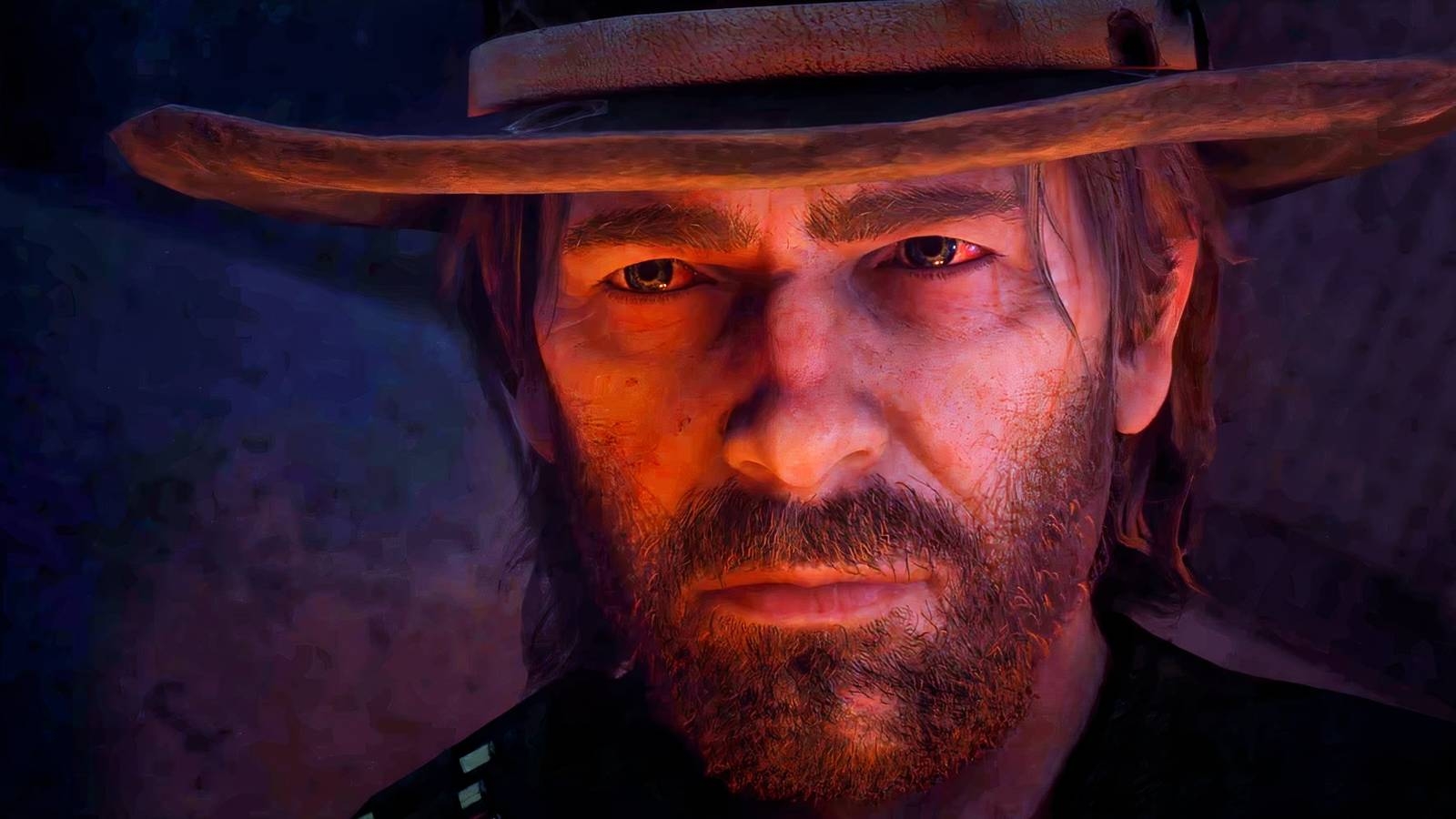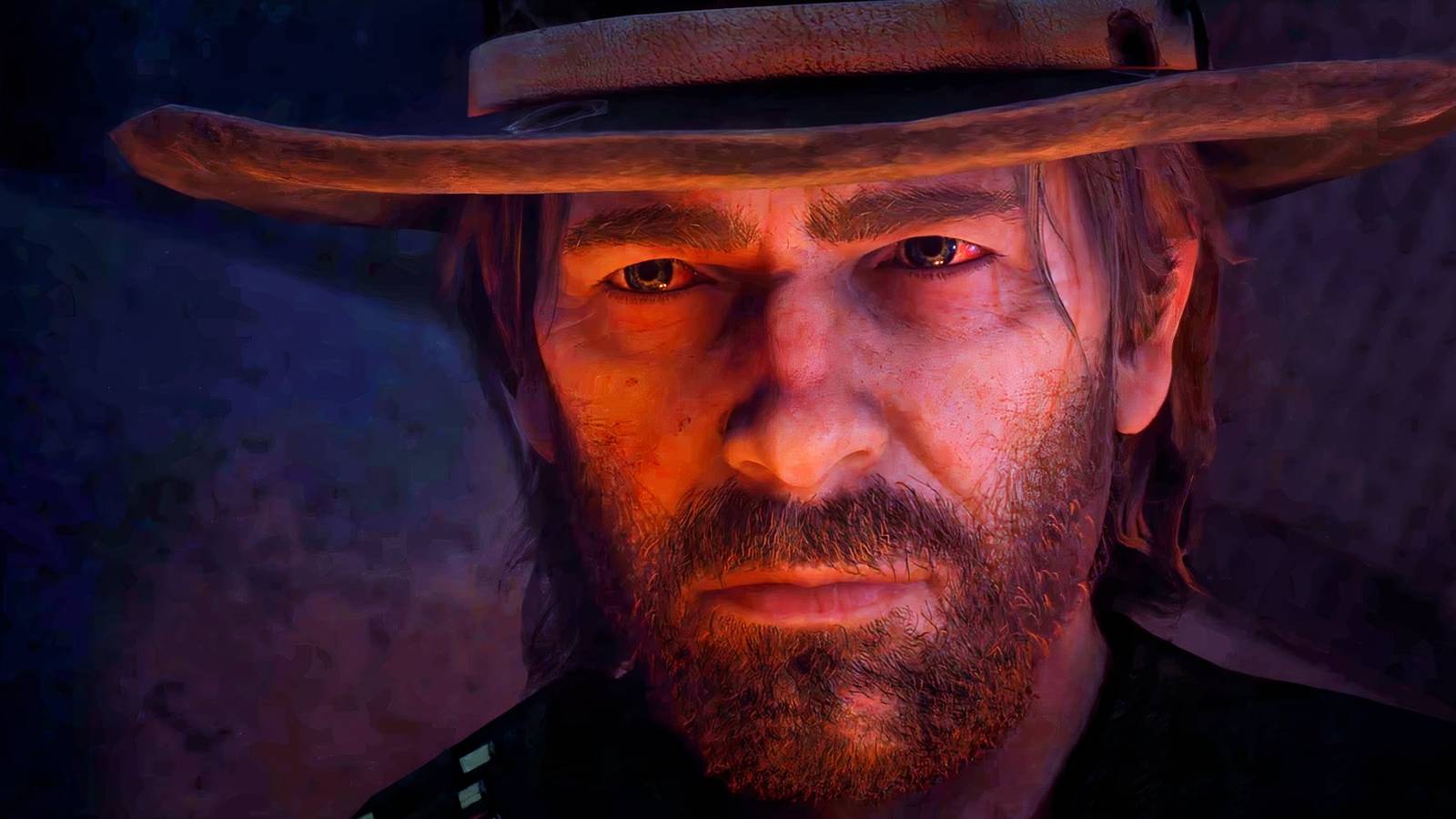The Ghost of a Memory They Tried to Sell
Let’s get one thing straight. This isn’t a gift. And this isn’t some happy accident or a long-lost treasure finally unearthed by benevolent developers. No. Because what we’re witnessing with Red Dead Redemption 2’s Mexico is the final, agonizing stage of a corporate con job that has been festering for years, a digital wound left to rot right on the other side of the San Luis River.
But they think we’re stupid. They think we’ve forgotten.
Because they assume our memories are as short as their quarterly profit reports are long. Remember the first Red Dead Redemption? Of course you do. It was a masterpiece, a gritty, sun-baked world where crossing that river into Nuevo Paraíso felt like stepping into another dimension. It was dangerous. It was vibrant. It was essential to John Marston’s story and to the soul of the game itself. It wasn’t an add-on or an afterthought; it was nearly half the experience, a character in its own right with its own struggles, its own tyrants, and its own desperate revolutionaries. We rode through the deserts of Diez Coronas, we dodged cannons in Escalera, and we felt the oppressive heat of a land embroiled in conflict. It mattered.
The Great Deception of 2018
And then came 2018. Red Dead Redemption 2 arrived with all the pomp and circumstance a billion-dollar marketing budget can buy. And it was, for the most part, a staggering achievement. A world so detailed you could lose yourself in it for a thousand hours. But something was missing. A massive, gaping hole just south of the border. You could see it, right there, taunting you. The familiar plateaus, the ghost of a landscape we all knew and loved, rendered in low-poly purgatory. An entire country, just sitting there. Empty.
A Playground for Ghosts
But why was it even there? Why would a company famous for its meticulous attention to detail leave a giant, unfinished landmass in its game, visible to any player who cared to look south from Sea of Coronado? The corporate apologists and the bootlickers will tell you it was just leftover code, remnants of a scrapped idea, too difficult to remove. Don’t buy that garbage for a second. That’s not how game development at this level works. You don’t just “forget” to delete a landmass the size of a small country. You leave it there for a reason.
Because the plan was always to sell it back to us. That’s the only logical conclusion. They carved out a core piece of the Red Dead experience, a region intrinsically tied to the franchise’s DNA, and put it on a shelf. Why? To milk us later. To wait until the initial sales boom died down and then announce a glorious, high-priced “expansion” into the lands of Mexico. It’s the modern gaming playbook, chapter one, verse one: create the problem, then sell the solution. It’s predatory, it’s cynical, and it’s an absolute betrayal of the players who invested their time, money, and faith into this world.
The People’s Republic of Modders
But then something beautiful happened. Something the suits in their glass towers in Edinburgh and New York never fully account for: the sheer, unadulterated passion of the fans. While Rockstar was busy counting its billions and plotting its next microtransaction for Red Dead Online, the modding community got to work. They weren’t paid. They didn’t have access to the source code. They just had ingenuity and a burning desire to fix what the corporation had broken.
They found glitches. They broke the barriers. They walked on the empty plains of Nuevo Paraíso. And it wasn’t enough just to be there. They started to rebuild it. Using assets from the first game and their own creations, these digital revolutionaries began to breathe life into the ghost continent. They added buildings. They restored towns. They did the work that the multi-billion-dollar publisher couldn’t be bothered to do. For free. For the love of the game. They proved it was possible. They exposed the lie. The landscape wasn’t some unusable, broken relic; it was a canvas, waiting for an artist. And the people became the artists because the original creators had become mere accountants.
And Now, The Vultures Circle
So now, years later, we hear the whispers. “Red Dead Redemption 2’s Mexico Map Will Soon Be Ours To Explore.” And how is this news delivered? Like some great revelation, a benevolent gift from the gaming gods at Rockstar. Give me a break. This is not a gift. It’s an invoice. Whether this comes in the form of an official DLC, a feature in some pointless “next-gen” re-release for the PlayStation 5 and Xbox Series X, or some other monetized package, the intent is the same: to charge us for content that was likely planned, built, and then deliberately excised from the main game we already paid for.
The Billion-Dollar Distraction
And let’s not ignore the elephant in the room. The news that some other game, a certain grand, thieving, automotive sequel, has a budget approaching a billion dollars. A BILLION. With that kind of money, you could fund a small country’s infrastructure, but instead, it’s being poured into another digital sandbox. And while that monumental project sucks all the air and resources out of the room, what happens to the existing titles? They get drip-fed the bare minimum. Red Dead Online was left to wither on the vine, a pale shadow of what it could have been, because the real money was being funneled into the next big thing. And now they come crawling back to the RDR2 player base, holding out a piece of the original game like it’s some grand offering. It’s insulting. It’s a pathetic attempt to squeeze a few more dollars out of a loyal community they’ve been ignoring for years while they focus on their next cash cow.
This isn’t a celebration. This is a moment for anger. For years, players have been exploring a hollowed-out Mexico thanks to the tireless efforts of modders. And if Rockstar now swoops in to formalize it and slap a price tag on it, they are not the heroes. They are thieves, stealing the credit from the community that kept the dream alive. They are selling you the very house you and your friends already built on land they abandoned.
What’s Next? Paying For Air?
This is the future they want. A world where no game is ever complete. A service, not a product. A platform for endless monetization. Why sell you a whole game for $60 when they can sell you 70% of a game and then charge you another $40 for a key, foundational piece of its world a few years down the line? It’s a sickness in this industry, a rot that starts in the boardroom and seeps down into the code itself. They’re conditioning us to accept less for more. To be grateful for scraps. To celebrate being sold something we should have owned from day one.
So when you finally get to ride into Chuparosa or Escalera in Red Dead Redemption 2’s engine, don’t thank Rockstar. Don’t praise their generosity. Remember the years of the empty, taunting landscape. Remember the modders who did the heavy lifting for free. Remember that this was never a gift. It was just a product held for ransom. And they think we’re just dumb enough to pay up with a smile on our faces. The whole system is broken, and this is just another symptom of the disease.


